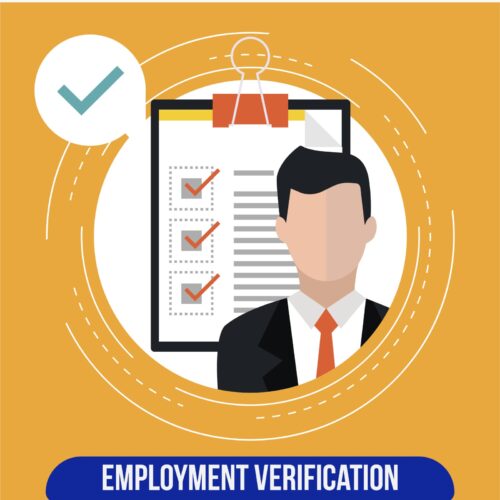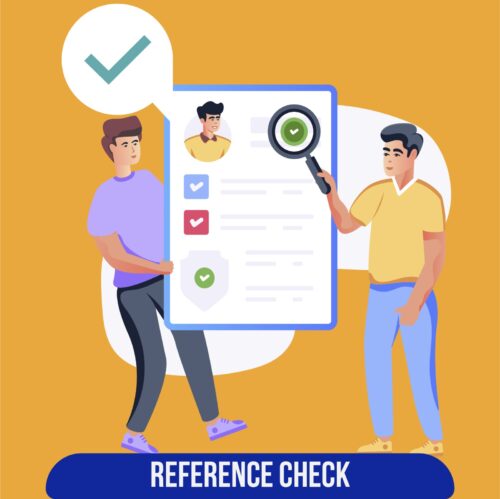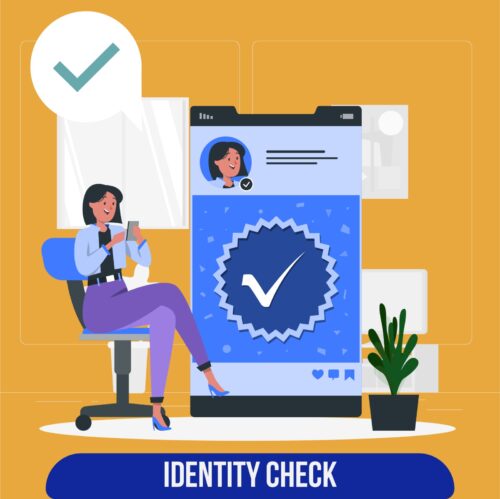10 Types of Background Verification Employers Should Perform
Conducting background checks for hiring purposes is an essential practice for many companies. This process often involves a comprehensive examination of a candidate’s background, including the scrutiny of factors like potential criminal records. It is crucial to approach recruitment with careful attention and precision to ensure the selection of the most suitable candidates.
However, the task of delving into each candidate’s records and employment history may pose a challenge for some companies. In such cases, outsourcing the verification process to a specialized background check provider becomes a viable solution. This allows the company to allocate resources more efficiently, focusing on evaluating other aspects of the prospective candidates.
Whether undertaken directly by the employer or delegated to an external service, background verification holds significant importance in the recruitment process. In this article, we will explore ten types of background verification that employers should consider as integral to their hiring procedures.
Background verification holds significant importance for companies as it serves as a crucial step in understanding a candidate’s history. The primary objective is to validate the accuracy of information provided in applications, resumes, and during interviews, aiming to identify any potential discrepancies. Approximately 60% of businesses incorporate background checks into their employment processes.
Studies reveal that 53% of applications or resumes submitted by candidates to recruiters contain at least one error or fabrication. Failing to screen job prospects adequately may have adverse effects on the integrity of your company. Customizing the verification process based on your industry and the specific roles you are hiring for ensures a more targeted and effective assessment.
Moreover, companies that neglect background checks expose themselves to legal liabilities and other safety risks. By implementing thorough verification procedures, organizations can mitigate these risks and make informed decisions in their hiring processes.
10 types of background verification:
Implementing a combination of these background verification checks helps companies make informed and responsible hiring decisions while minimizing risks associated with dishonest or unqualified candidates.
Confirming the accuracy of a candidate’s work history, including job titles, dates of employment, and responsibilities.
Validating academic credentials, such as degrees, certifications, and diplomas, to ensure accuracy and authenticity.
This involves scrutinizing a candidate’s criminal records to ensure compliance with legal and ethical standards.
Assessing a candidate’s financial responsibility and reliability by examining their credit reports.
Contacting previous employers, colleagues, or personal references to gather insights into a candidate’s work ethic, interpersonal skills, and overall performance.
Examining a candidate’s online presence on social media platforms to assess professionalism, character, and potential red flags.
Confirming the accuracy of a candidate’s provided addresses to ensure transparency and reliability.
Scanning international databases and watchlists to identify any potential legal or security issues associated with the candidate.
This check helps prevent identity fraud and ensures the accuracy of personal information provided by the candidate.
Conducting tests to identify any history of drug or substance abuse that may impact job performance or workplace safety.


















